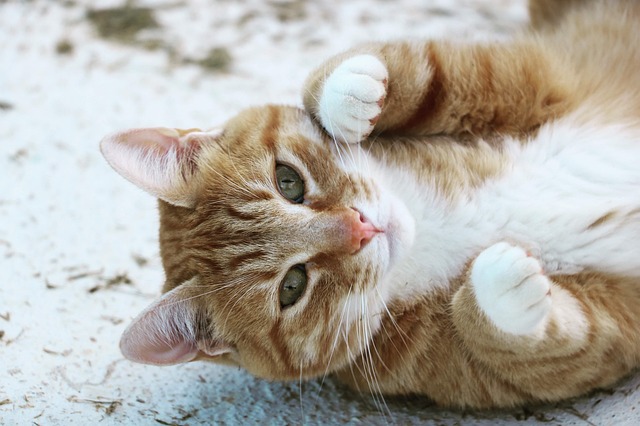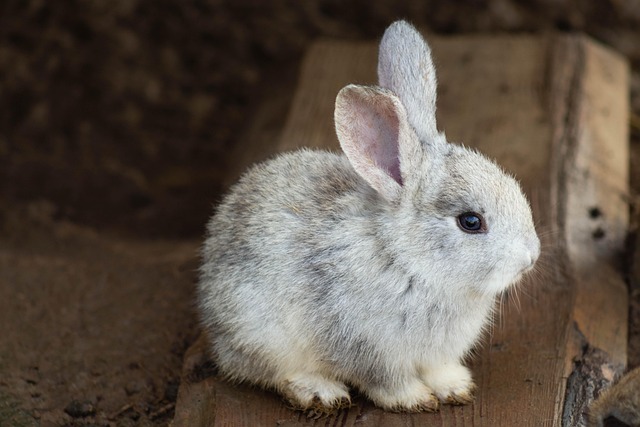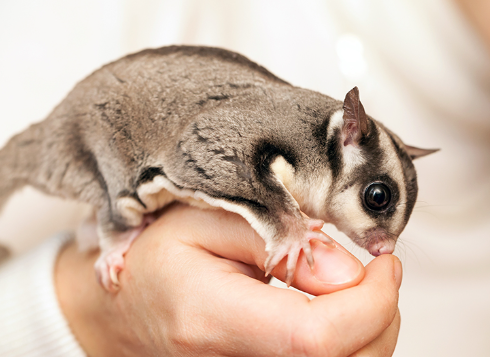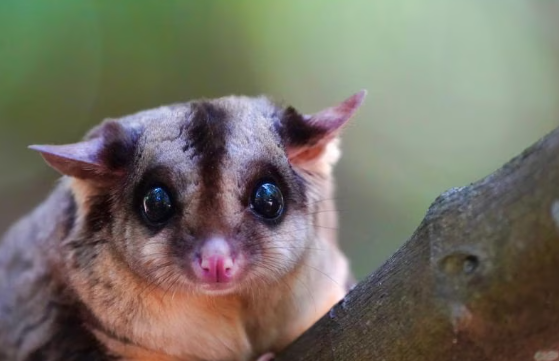Can a Sugar Glider Be a Pet?
Can a Sugar Glider Be a Pet?
Sugar gliders, small marsupials native to Australia, Tasmania, Indonesia, and Papua New Guinea, have captured the hearts of many animal lovers around the globe. Known for their playful and affectionate nature, these pocket-sized creatures are often considered as potential pets. But can a sugar glider really be a suitable pet for you? This article delves into the essentials of sugar glider care, their lifestyle needs, and the pros and cons of having one as a pet.
Understanding Sugar Gliders
Physical Characteristics
Sugar gliders (Petaurus breviceps) are known for their soft fur and large, expressive eyes. A notable feature is their patagium, a membrane stretching from their forelegs to hind legs, which allows them to glide effortlessly between trees. Adults typically weigh between 100-160 grams and can live up to 12-15 years in captivity.
Behavior and Temperament
These nocturnal creatures are highly sociable and thrive in groups, exhibiting behaviors like grooming and cuddling with each other. They are known for being playful and curious, but also require a significant amount of interaction and bonding time with their owners to develop trust.
The Pros of Having a Sugar Glider as a Pet
1 Companionship: Sugar gliders are known for forming strong bonds with their owners.
2 Size: Their small size makes them manageable for people with limited space.
3 Intelligence: They are intelligent and can be trained to do simple tricks.
The Cons
1 Social Needs: They require a significant amount of social interaction and do poorly in isolation.
2 Nocturnal Lifestyle: Being active at night might not align with everyone's lifestyle.
3 Dietary Requirements: Sugar gliders need a varied diet consisting of fruits, vegetables, and protein sources, which can be time-consuming to prepare.
4 Veterinary Care: Finding a vet experienced with exotic pets can be challenging.
Housing and Care
Habitat
A spacious, vertical cage is essential for their wellbeing. The cage should be equipped with branches, nesting boxes, and toys to simulate their natural environment.
Diet
Their diet should be a balance of fruits, vegetables, and protein. Commercial sugar glider food is available but should be supplemented with fresh produce.
Health
Regular check-ups with an exotic pet veterinarian are essential. They can be prone to health issues like malnutrition, dental problems, and stress-related illnesses if not cared for properly.
Legal and Ethical Considerations
Before considering a sugar glider as a pet, it's important to check local laws as they are illegal to own in some areas. Ethical considerations include the fact that many are still taken from the wild, contributing to declining populations in their native habitats.
While sugar gliders can make delightful and affectionate pets, they require a significant commitment in terms of time, social interaction, and specialized care. Prospective owners should thoroughly research and consider their ability to meet these needs before bringing a sugar glider into their home. With the right care, however, they can be a joyful addition to the right household.













Leave a comment